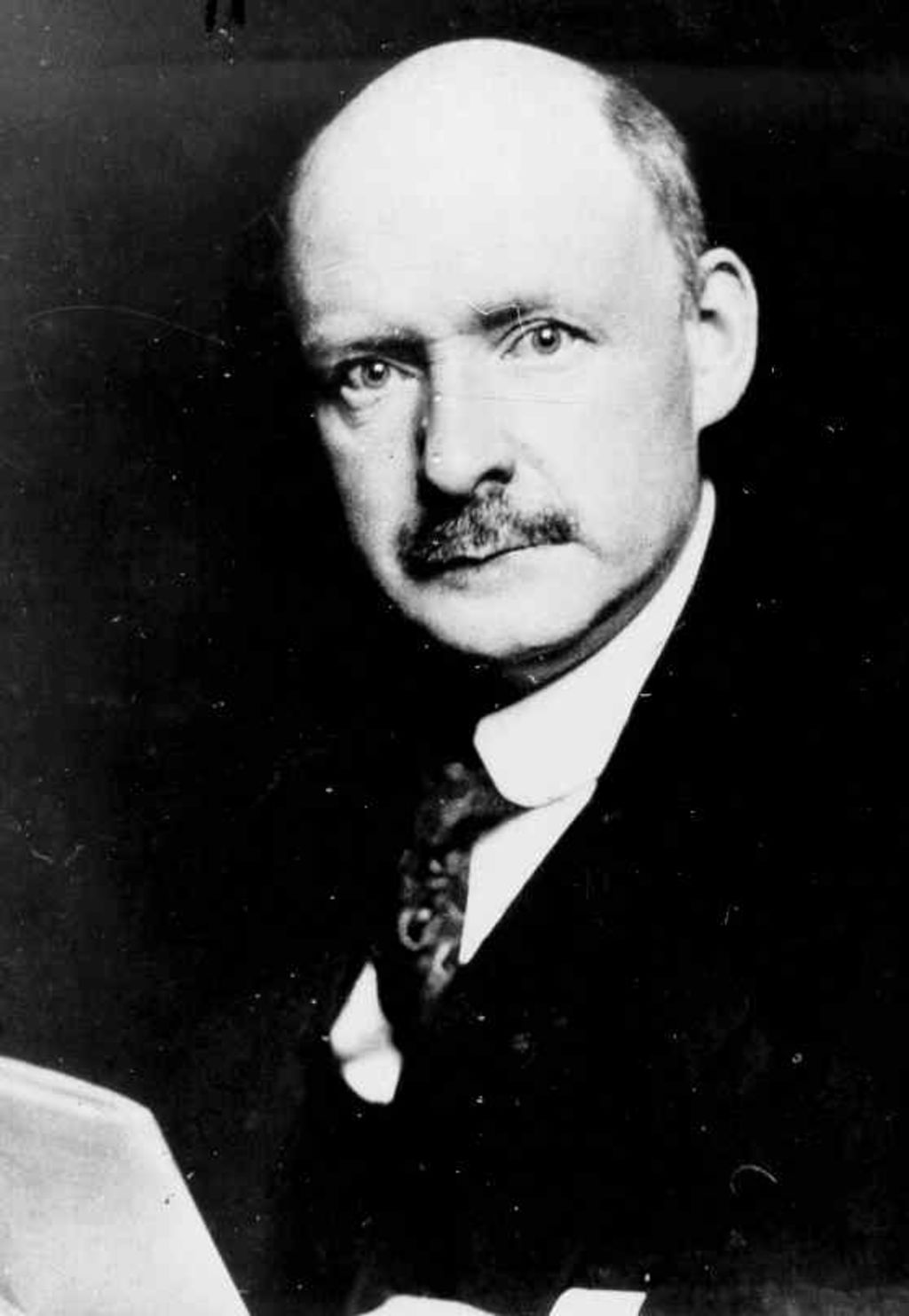 |
Prof. Dr. Gustav Radbruch *1878, Lübeck , + 1949, Heidelberg |
Law is a will to justice. Justice means, however, to judge irrespective of the person, to judge everyone by the same measure.
When there is worshipped a murder of political opponents, a murder of members of different race is ordered, but the same act in committed to own political supporters is punished by the most brutal and most insulting punishments, it is neither justice nor law.
If the laws knowingly deny a will to justice, for instance, if human rights are guaranteed and denied to people arbitrarily, then the laws lack the validity, then the people is not obliged to obey them, then even lawyers have to find the courage not to accept the nature of law to these statutes.
Last but not least, beside justice, a common good is one of the aims of law. Certainly, the law as such, even a bad law, still has value – the value of the doubts. Surely, human imperfection does not allow the law to harmonize all three values of law: common good, legal certainty, and justice, and then it only remains to consider whether a bad, harmful and unfair law, for sake of legal certainty, is the law, nevertheless, valid, or because of his general injustice and harmfulness, we should deny the validity.
There are, therefore, legal principles that are more powerful than any legal provision.









